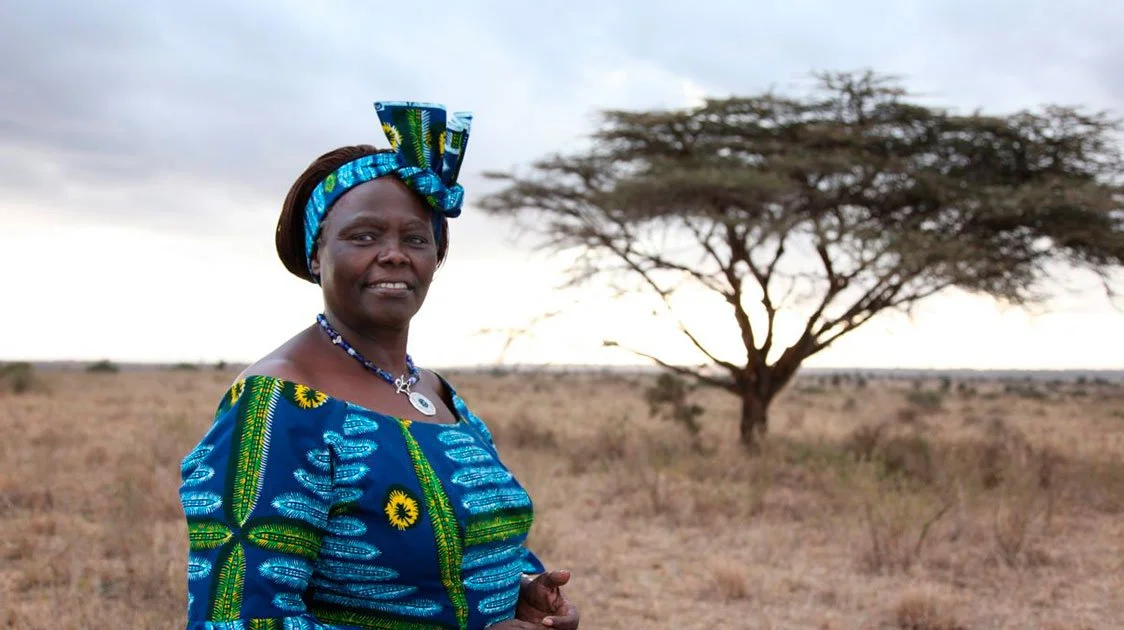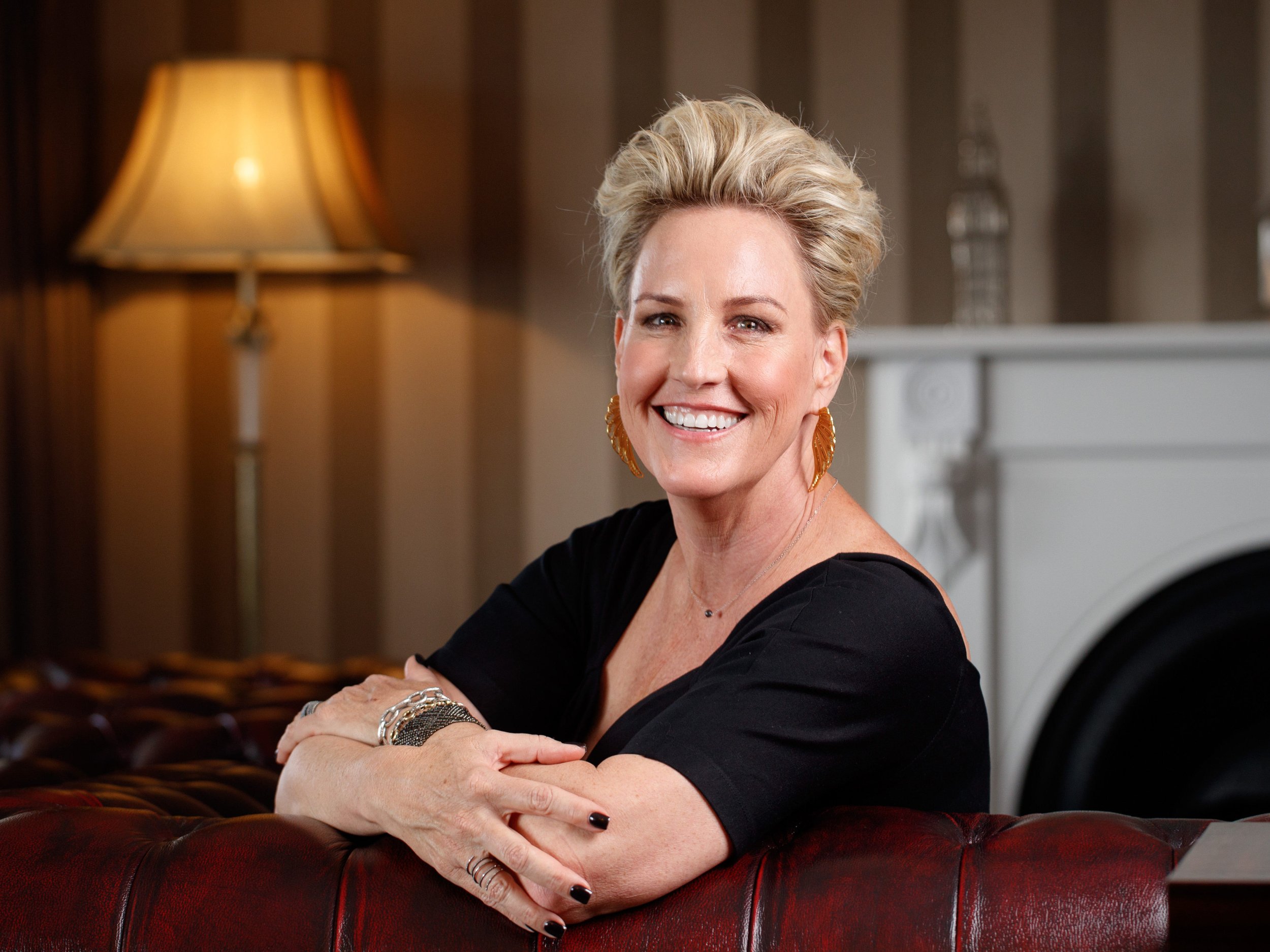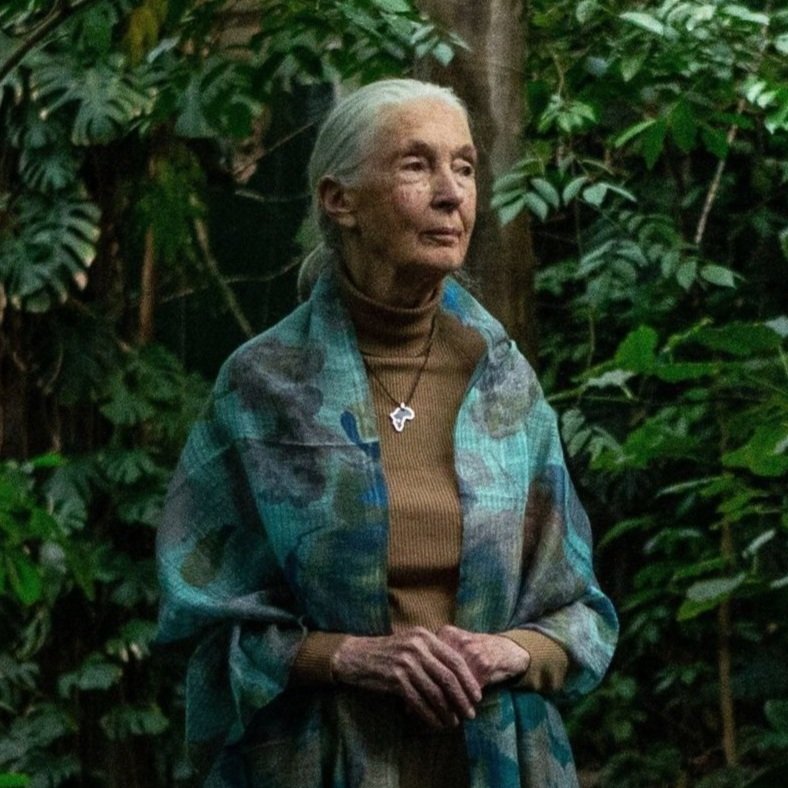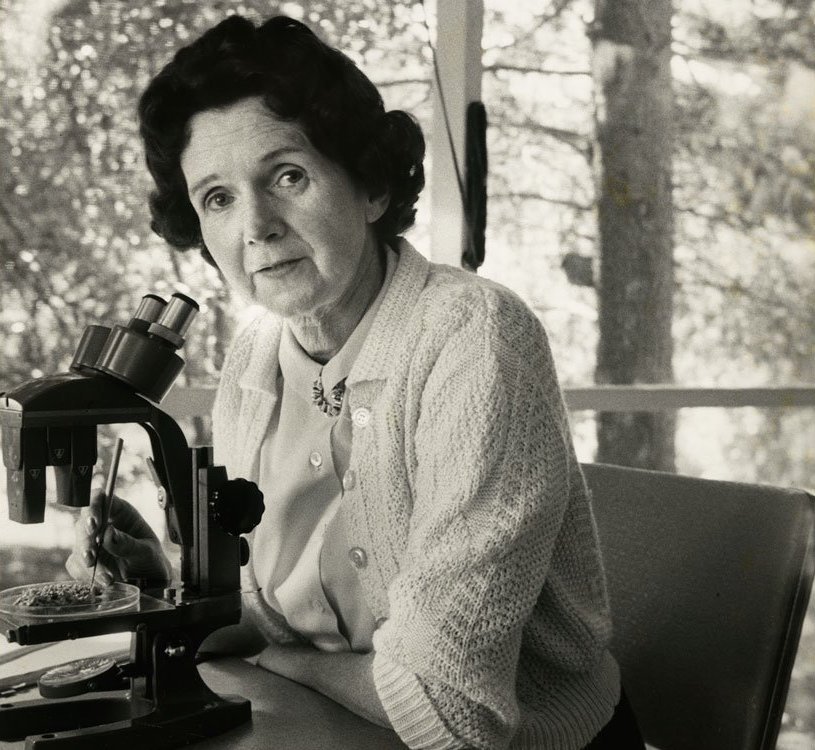In celebration of Women’s History Month, we’ve complied a list of 10 brilliant women from across time and space who helped advance the world of sustainability:
1. ANNIE LEONARD
Annie Leonard is the co-Executive Director of Greenpeace USA. Leonard has over two decades of experience investigating and explaining the environmental and social impacts of our stuff: where it comes from, how it gets to us, and where it goes after we get rid of it.
Her film, The Story of Stuff, blossomed into The Story of Stuff Project, which works to empower people around the globe to fight for a more sustainable and just future. A hallmark of Leonard’s work with The Story of Stuff Project has been her keen recognition that solving environmental crises requires working across a wide range of movements to fix economic and political systems that are currently dominated by corporations at the expense of people’s health.
2. BERTA CÁCERES
Berta Cáceres (1971-2016) was a Honduran environmental activist, indigenous leader, and co-founder and coordinator of the Council of Popular and Indigenous Organizations of Honduras (COPINH). She won the Goldman Environmental Prize in 2015, for ‘a grassroots campaign that successfully pressured the world’s largest dam builder to pull out of the Agua Zarca Dam’ at the Río Gualcarque.
She was assassinated in her home by armed intruders, after years of threats against her life. Three of the eight arrested people were linked to the US-trained elite military troops, whose graduates have been linked to thousands of murders and human rights violations in Latin America. In November 2017, a team of international legal experts released a report finding ‘wilful negligence by financial institutions’ ‘to control, neutralize and eliminate any opposition’.
3. ELLEN MACARTHUR
Ellen MacArthur is an English yachtswoman who set a world record for the fastest solo non-stop voyage around the world on her first attempt. She was the youngest woman in modern history to be made Dame Commander of the British Empire.
In 2010, she launched the Ellen MacArthur Foundation, which works with business, government and academia to build a framework for an economy that is restorative and regenerative by design.
4. ERIN BROCKOVICH
Erin Brockovich is an American legal clerk, consumer advocate, and environmental activist, who, despite her lack of education in the law, was instrumental in building a case against Pacific Gas & Electric Company (PG&E) involving groundwater contamination in a town in California.
She is now the president of Brockovich Research & Consulting, and works as a consultant for the New York law firm of Weitz & Luxenberg, which has a focus on personal injury claims for asbestos exposure, and at Shine Lawyers in Australia.
5. GRETA THUNBERG
Thunberg began a global movement by skipping school: starting in August 2018, she spent her days camped out in front of the Swedish Parliament, holding a sign painted in black letters on a white background that read Skolstrejk för klimatet: “School Strike for Climate.”
In the 16 months leading up to her being named TIME’s 2019 Person of the Year, she addressed heads of state at the U.N., met with the Pope, sparred with the President of the United States, and inspired 4 million people to join the global climate strike on September 20, 2019, in what was the largest climate demonstration in human history. She has persuaded leaders to make commitments where they had previously fumbled: after she spoke to Parliament and demonstrated with the British environmental group Extinction Rebellion, the U.K. passed a law requiring that the country eliminate its carbon footprint.
- TIME
6. JANE GOODALL
In July 1960, at the age of 26, Jane Goodall traveled from England to what is now Tanzania and ventured into the little-known world of wild chimpanzees. Equipped with little more than a notebook, binoculars, and her fascination with wildlife, Jane Goodall braved a realm of unknowns to give the world a remarkable window into humankind’s closest living relatives.
Through nearly 60 years of groundbreaking work, Dr. Jane Goodall has not only shown us the urgent need to protect chimpanzees from extinction; she has also redefined species conservation to include the needs of local people and the environment. Today she travels the world, speaking about the threats facing chimpanzees and environmental crises, urging each of us to take action on behalf of all living things and planet we share.
7. RACHEL CARSON
A marine biologist and nature writer, Rachel Carson (1907-1964) catalyzed the global environmental movement with her 1962 book Silent Spring. Outlining the dangers of chemical pesticides, the book led to a nationwide ban on DDT and other pesticides, and sparked the movement that ultimately led to the creation of the US Environmental Protection Agency (EPA).
Chemical companies sought to discredit her as a Communist or hysterical woman. Many pulled their ads from the CBS Reports TV special on April 3, 1963, entitled “The Silent Spring of Rachel Carson.” Still, roughly 15 million viewers tuned in, and that, combined with President John F. Kennedy’s Science Advisory Committee Report—which validated Carson’s research—made pesticides a major public issue. Carson received medals, and induction into the American Academy of Arts and Letters.
8. SYLVIA EARLE
Sylvia Earle is an American oceanographer and explorer known for her research on marine algae. Her books and documentaries raise awareness of the threats that overfishing and pollution pose to the world’s oceans. Throughout her career, Earle led numerous undersea expeditions, published over 100 scientific papers, and became the National Geographic Society’s first female explorer in residence.
In 2009, she founded Mission Blue: Sylvia Earle Alliance, which unites a global coalition to inspire an upwelling of public awareness, access and support for a worldwide network of marine protected areas – ‘Hope Spots.’ The organization implements communications campaigns that elevate Hope Spots to the world stage through documentaries and the media. Mission Blue also embarks on regular oceanic expeditions that shed light on these vital ecosystems and build support for their protection.
9. VANDANA SHIVA
Vandana Shiva is an Indian scholar, environmental activist, food sovereignty advocate, ecofeminist, and author of over 20 books. She is one of the leaders and board members of the International Forum on Globalization and founded the Research Foundation for Science, Technology, and Ecology (RFSTE), an organization devoted to developing sustainable methods of agriculture. In 1993, she received the Right Livelihood Award, an award established by Swedish-German philanthropist Jakob von Uexkull, and regarded as an "Alternative Nobel Prize.”
She is a well-known critic of Asia’s Green Revolution, which increases food production in less-developed countries via increased use of pesticides and fertilizers, leading to pollution and the dependence of poor farmers on costly chemicals. In response, RFSTE established seed banks throughout India to preserve the its agricultural heritage while training farmers in sustainable agricultural practices.
10. WANGARI MAATHAI
Wangari Maathai (1940-2011) was a Kenyan social, environmental and political activist and the first African woman to win the Nobel Peace Prize. In 1977, Maathai founded the Green Belt Movement, an environmental NGO focused on the planting of trees, environmental conservation, and women's rights. In 1984, she was awarded the Right Livelihood Award for "converting the Kenyan ecological debate into mass action for reforestation."
Maathai was an elected member of the Parliament of Kenya and served as assistant minister for environment and natural resources. She was an Honorary Councillor of the World Future Council. As an academic and the author of several books, Maathai was not only an activist but also an intellectual who made significant contributions to thinking about ecology, development, gender, and African cultures.











